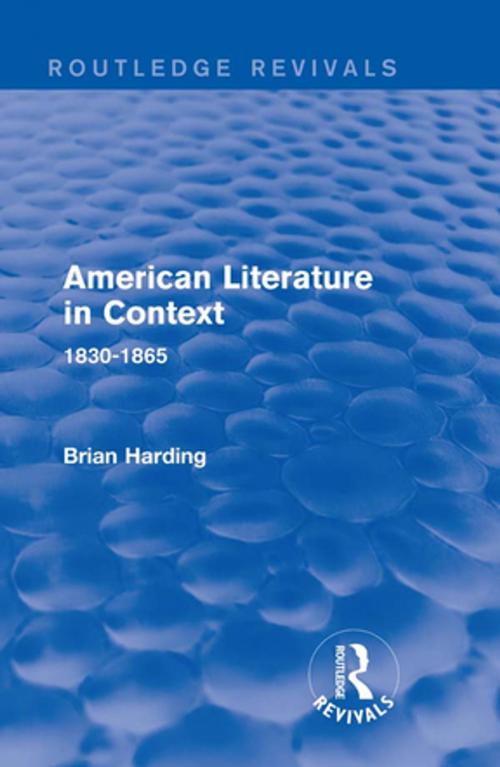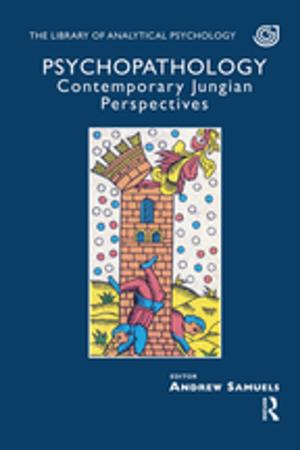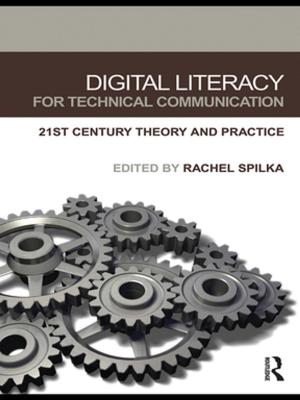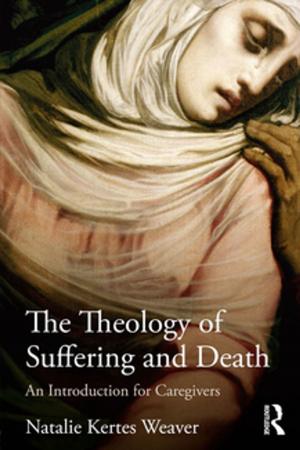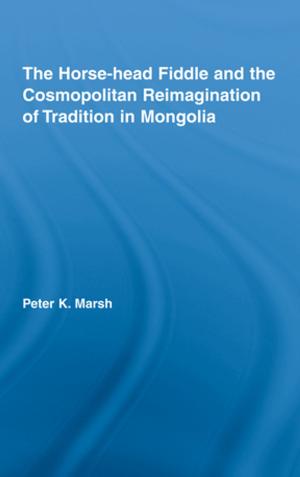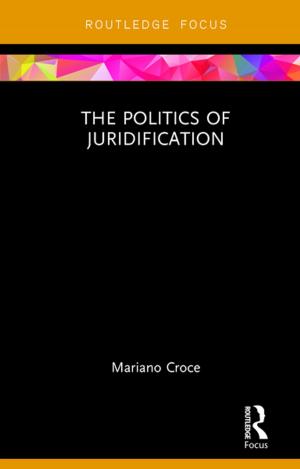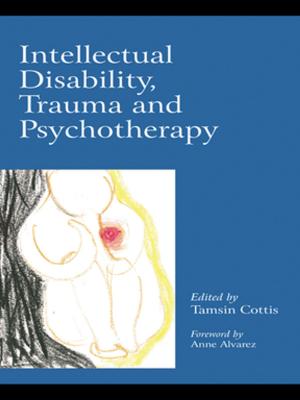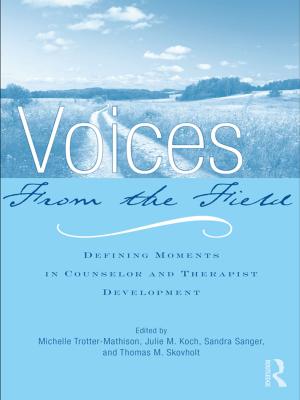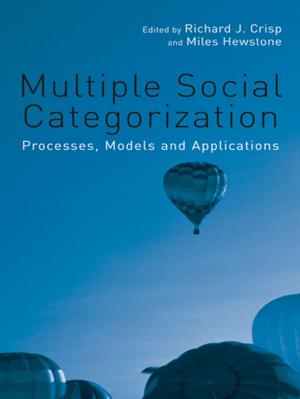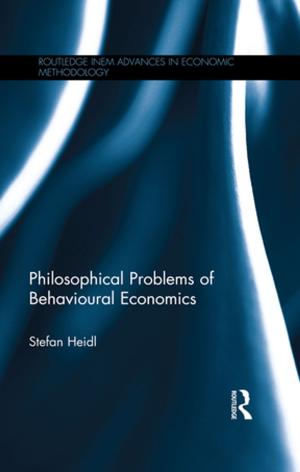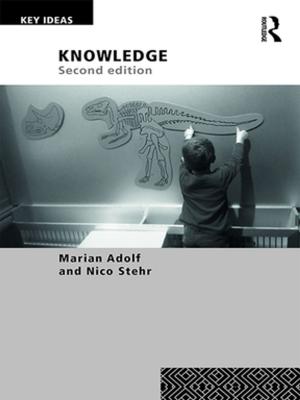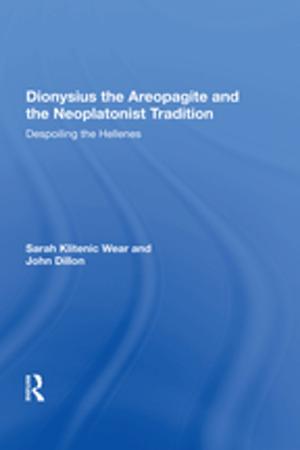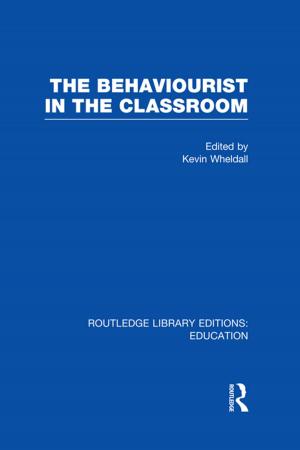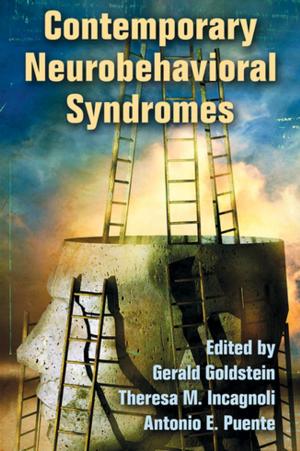| Author: | Brian Harding | ISBN: | 9781315535876 |
| Publisher: | Taylor and Francis | Publication: | May 20, 2016 |
| Imprint: | Routledge | Language: | English |
| Author: | Brian Harding |
| ISBN: | 9781315535876 |
| Publisher: | Taylor and Francis |
| Publication: | May 20, 2016 |
| Imprint: | Routledge |
| Language: | English |
First published between 1982 and 1983, this series examines the peculiarly American cultural context out of which the nation’s literature has developed. Covering the years from 1830 to 1865, this second volume of American Literature in Context examines twelve major American writers of the three decades before the Civil War, including Edgar Allan Poe, Ralph Waldo Emerson, Henry David Thoreau, Herman Melville and Walt Whitman. The book also analyses the writing of two contemporary historians, an intellectual Journalist and Abraham Lincoln. Among the major themes discussed the religious heritage of New England Transcendentalism, sectional rivalries, tensions between self-culture and social awareness, and the widening gulf between the idea of national destiny and the fact of growing disunity. In addition, the dominant literary forms of the period – sermon, essay, travelogue – are related to the common cultural assumptions of the age.
This book will be of interest to those studying American literature and American studies.
First published between 1982 and 1983, this series examines the peculiarly American cultural context out of which the nation’s literature has developed. Covering the years from 1830 to 1865, this second volume of American Literature in Context examines twelve major American writers of the three decades before the Civil War, including Edgar Allan Poe, Ralph Waldo Emerson, Henry David Thoreau, Herman Melville and Walt Whitman. The book also analyses the writing of two contemporary historians, an intellectual Journalist and Abraham Lincoln. Among the major themes discussed the religious heritage of New England Transcendentalism, sectional rivalries, tensions between self-culture and social awareness, and the widening gulf between the idea of national destiny and the fact of growing disunity. In addition, the dominant literary forms of the period – sermon, essay, travelogue – are related to the common cultural assumptions of the age.
This book will be of interest to those studying American literature and American studies.
